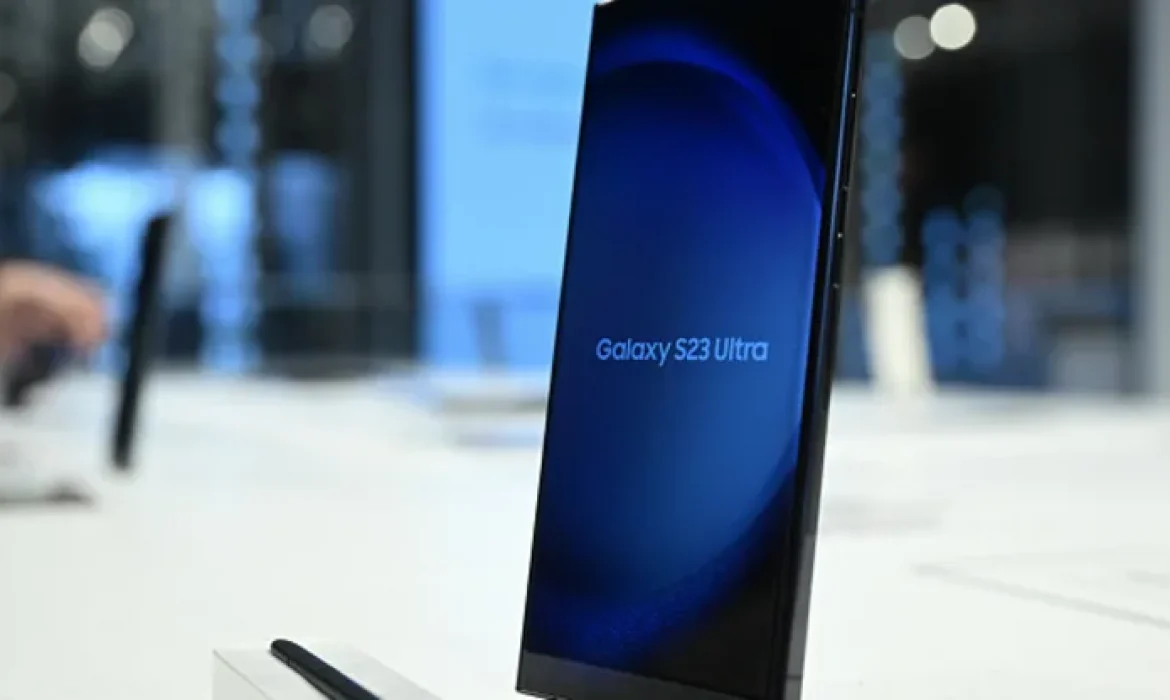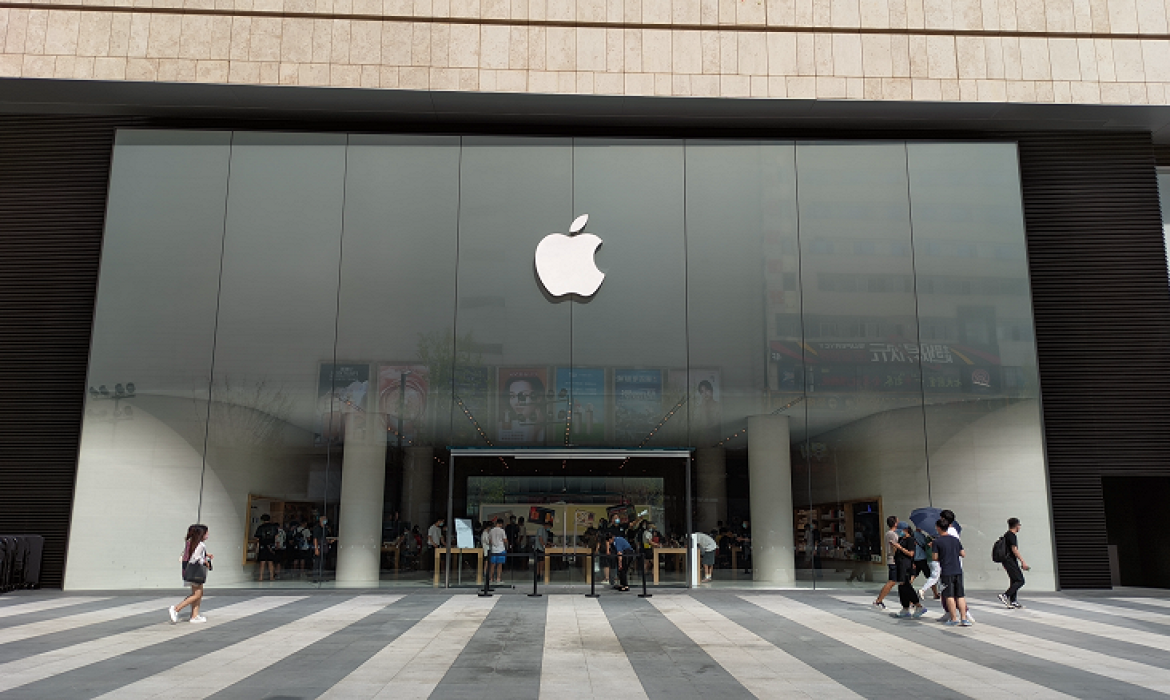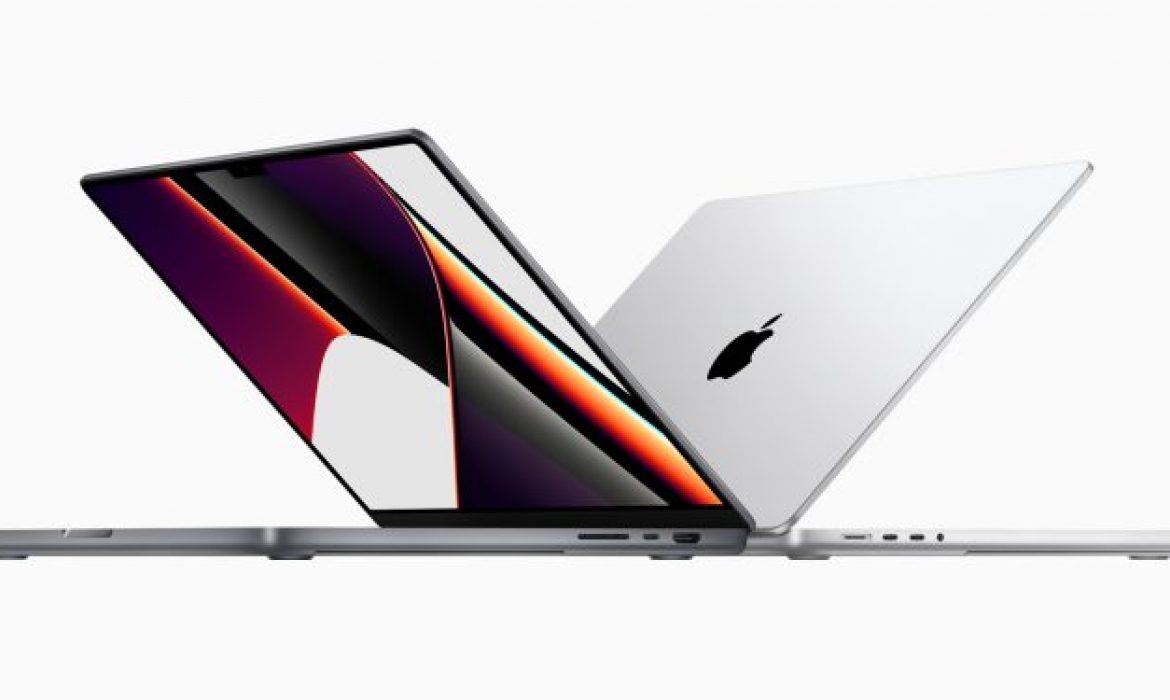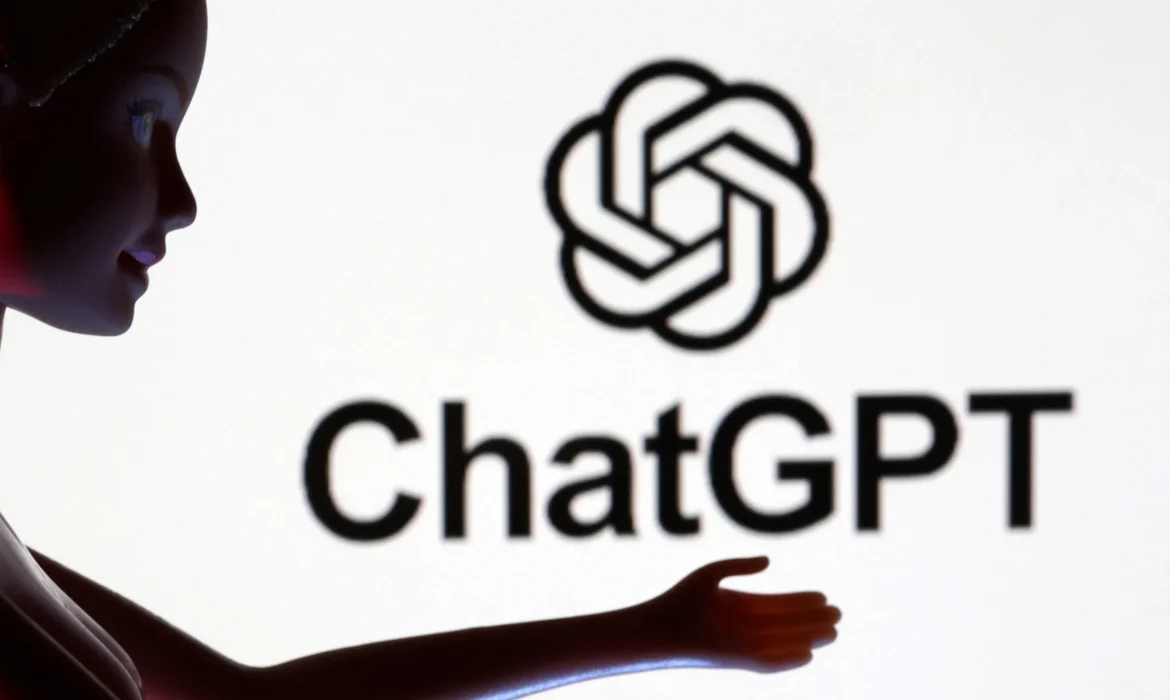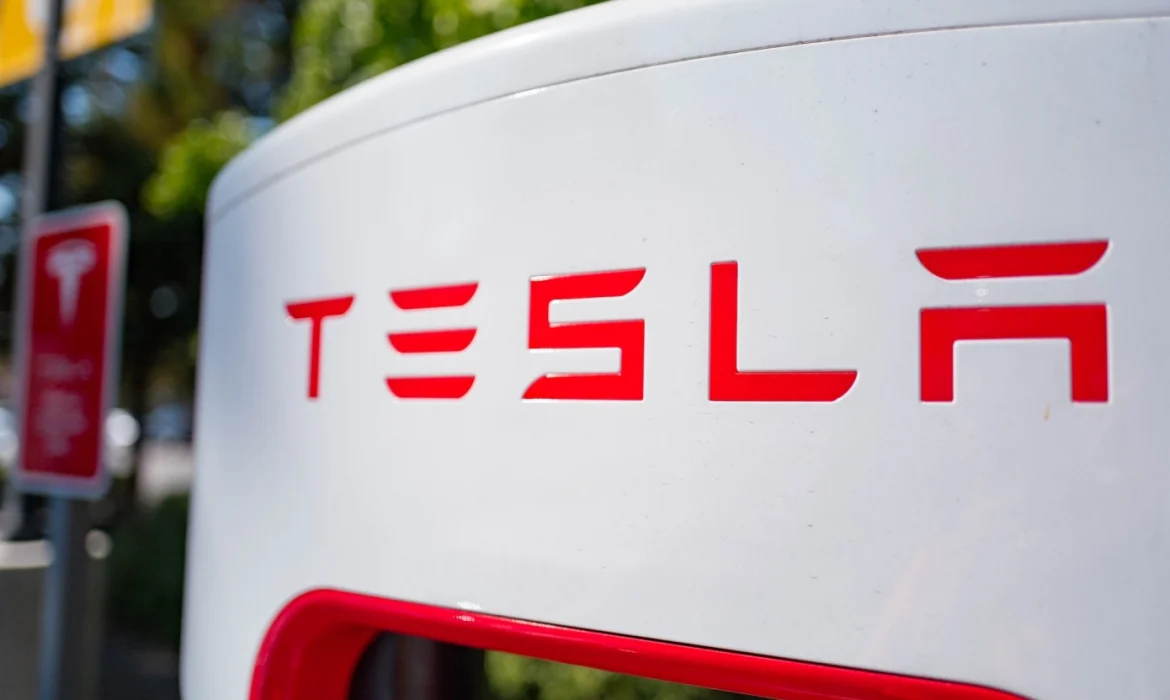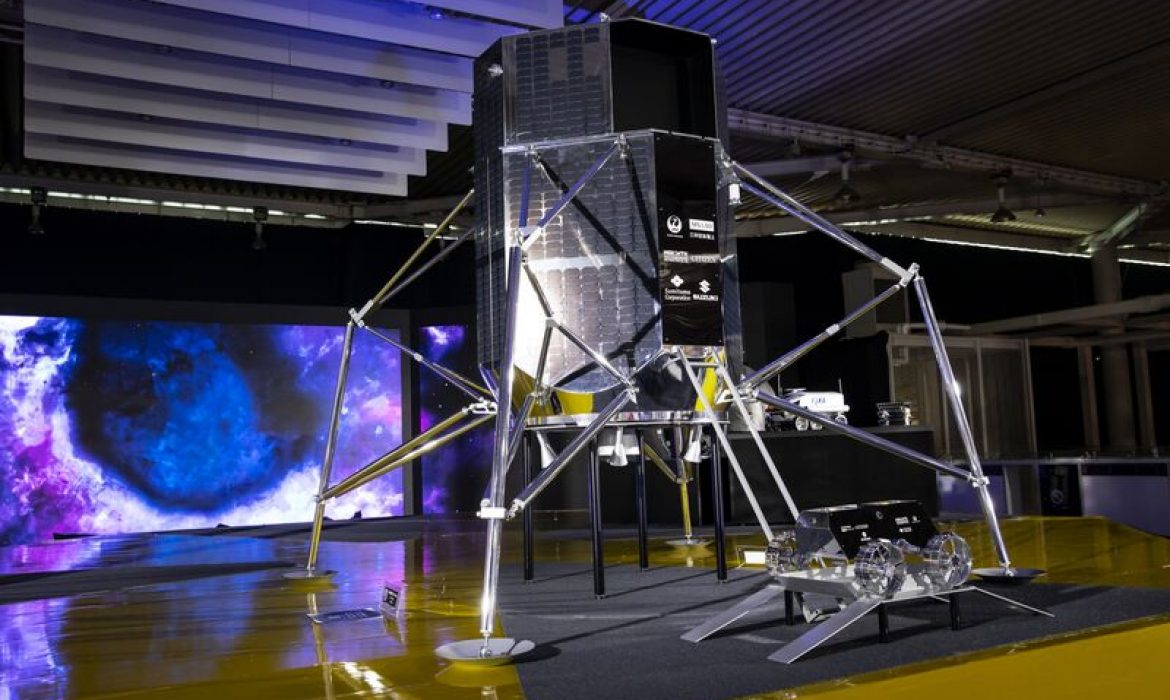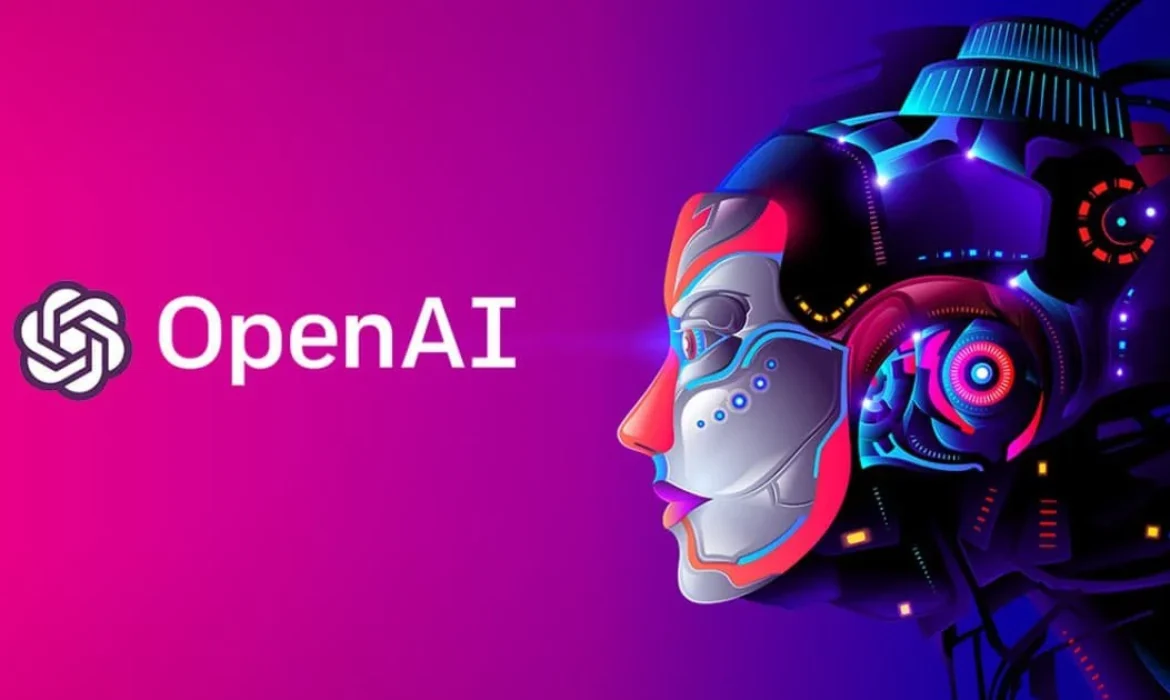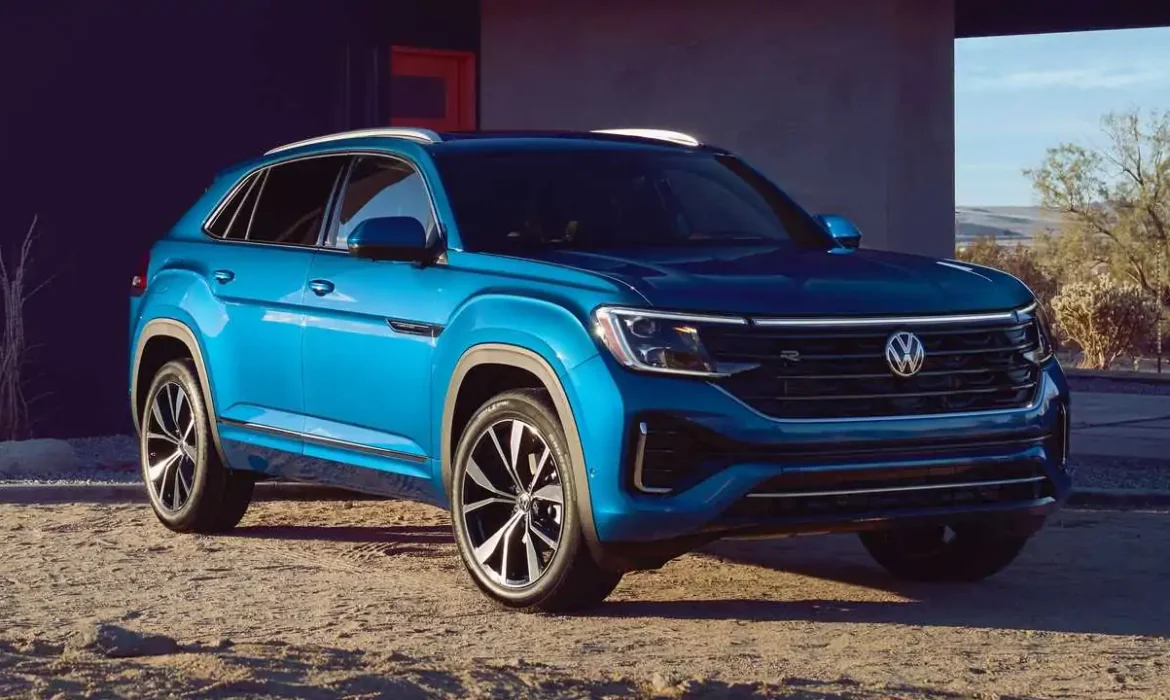Apple Loses Ground to Samsung in Saturated Smartphone Market
According to recent reports, Samsung has taken the lead in the smartphone market, ahead of its longtime rival, Apple. This is a significant development in the world of tech, as both companies have been battling it out for supremacy for years.
So, what has Samsung done to edge out Apple in this highly competitive market? Well, for starters, they have been focused on innovation and creating smartphones that are not only visually stunning, but also packed with features that consumers love.
For example, Samsung’s Galaxy S21 Ultra is one of the most powerful and versatile smartphones on the market today. It boasts a stunning 6.8-inch AMOLED display, 5G connectivity, and a powerful Exynos 2100 processor that can handle even the most demanding tasks.
In addition to its impressive hardware, Samsung has also made significant strides in the world of software. The company’s One UI 3.1 user interface is one of the most intuitive and user-friendly interfaces on the market, making it easy for users to navigate their smartphones and access all of their favorite apps and features.
Of course, Apple isn’t exactly slacking off either. The company’s iPhone 12 series has been a hit with consumers, thanks to its sleek design, powerful A14 Bionic chip, and impressive camera system. However, Apple’s sales have been impacted by a number of factors, including the ongoing pandemic, which has led to economic uncertainty and reduced consumer spending.
Despite these challenges, Apple remains a formidable competitor in the smartphone market, and the company is expected to bounce back in the coming months with the release of new products and features.
So, what does all of this mean for consumers? Well, it means that there are more options than ever when it comes to buying a smartphone. Whether you’re looking for a sleek and powerful Samsung device or a cutting-edge Apple iPhone, you can be sure that you’re getting a high-quality product that will meet all of your needs.
Cook’s master plan: Apple’s second store opening in India this week
Tech giant Apple has just opened its first retail store in the country, with a second one set to open this Thursday.
For years, Apple has been trying to break into the Indian market, which is one of the largest and fastest-growing markets for smartphones in the world. However, the company has faced several challenges, including high import taxes and fierce competition from local brands.
But now, Apple CEO Tim Cook is making a big push to establish a stronger presence in India. The company’s first store, located in Mumbai’s High Street Phoenix Mall, is a stunning showcase of Apple’s latest products and services. It features an iconic glass facade, a large video wall, and a dedicated area for customer support and training.
In a statement, Tim Cook expressed his excitement about the new store, saying “We are thrilled to open our first retail store in India and we’re looking forward to providing our customers with the best possible experience.” He also thanked the local team for their hard work and dedication in bringing the store to life.
The opening of Apple’s first store in India is a significant milestone for the company, which has been expanding its footprint in the region in recent years. In 2020, Apple launched its online store in India, which has been a great success. The company has also been investing heavily in local manufacturing and has started producing some of its latest iPhones in the country.
But Apple’s expansion in India hasn’t been without its challenges. As I mentioned earlier, the company has faced high import taxes, which have made its products more expensive than those of local competitors. Additionally, Apple has struggled to meet India’s stringent local sourcing requirements, which mandate that companies must source 30% of their materials locally.
Despite these challenges, Apple remains committed to India and sees it as a crucial market for its future growth. In fact, the company has set an ambitious goal of doubling its revenue in India over the next few years.
With the opening of its first retail store in India, Apple is sending a clear message to its competitors that it is here to stay. The company’s iconic brand and innovative products have already won over millions of customers around the world, and it’s only a matter of time before it does the same in India.
So, if you’re in Mumbai, be sure to check out Apple’s new store and experience the best that the company has to offer. And if you’re not in Mumbai, don’t worry, because the second store is set to open this Thursday, giving even more customers the opportunity to join the Apple ecosystem.
Spotify’s Massive User Base Reaches 500 Million, But There’s a Catch!
Spotify, the popular music streaming service, has surpassed 500 million monthly active users. This is a significant achievement for the company, as it reinforces its position as the leading platform for music lovers around the world.
However, there is one catch here. Despite its impressive user growth, Spotify’s share of premium subscribers has dropped to 40 percent. This is a troubling trend for the company, as it relies heavily on premium subscription revenue. The decline in premium subscribers could cause problems for Spotify’s long-term profitability.
So what is behind this decline in premium subscribers? There are several possible explanations. First, it’s worth noting that Spotify has grown rapidly in recent years. The company has entered dozens of new markets, including countries with lower average incomes. As a result, a large portion of users may not be able to afford a premium subscription.
Second, competition in the music streaming industry has intensified. Competitors such as Apple Music and Amazon Music are gaining market share with their unique features and exclusive content. This has probably caused some users to abandon Spotify.
Despite these problems, Spotify remains a force to be reckoned with in the music industry. The company is investing heavily in podcast content, which could help offset the decline in premium subscribers. In addition, Spotify continues to innovate and experiment with new features and services, such as the recently launched “HiFi” high-definition streaming option.
Ultimately, Spotify’s success will depend on its ability to adapt and stay ahead of the competition. The company needs to continue to improve its offerings and find new ways to attract and retain its user base. With more than 500 million monthly active users, Spotify has a huge audience that it can use to drive growth and innovation. It will be interesting to see how the company handles the challenges and opportunities ahead.
Chrome for Mac and Android Gets Speed Boost: Is Google Stepping Up Its Game?
According to recent reports, Google’s Chrome browser for Mac and Android has become up to 30% faster in the past three months. This news is significant, as Chrome is one of the most widely used browsers in the world, with millions of people relying on it for their daily browsing needs.
This speed boost is due to recent updates that Google has made to Chrome’s rendering engine, which is responsible for displaying web pages.
The updates have allowed Chrome to load and display pages more quickly and efficiently, resulting in a smoother browsing experience for users.
But why is speed so important when it comes to web browsing? Well, for one, it can greatly affect our productivity. If we’re waiting for pages to load or for videos to buffer, we’re wasting valuable time that could be spent on other tasks. And in today’s fast-paced world, every second counts.
Speed also has a direct impact on our overall browsing experience. When pages load quickly and smoothly, we’re more likely to enjoy the content we’re viewing and stay engaged with it. On the other hand, if pages take too long to load, we may become frustrated and lose interest in what we’re trying to access.
Google’s commitment to improving the speed of its Chrome browser is commendable, and it’s something that all internet users can appreciate. With faster load times and smoother browsing, we can all be more productive and enjoy our online experiences to the fullest.
Of course, there are always concerns about data privacy and security when it comes to internet browsing. It’s important to remember that while speed is a critical aspect of the browsing experience, it’s not the only one. We must also take steps to protect our personal information and ensure that our online activities remain secure.
In conclusion, the news of Google’s Chrome browser becoming up to 30% faster in the past three months is a significant development in the world of technology.
Apple, Dell, and HP Among Hardest Hit as Global PC Sales Plummet in Last Quarter
According to industry reports, global PC shipments fell by nearly a third, with Apple’s shipments dropping more than 40 percent.
These numbers are especially surprising given that the PC market has seen steady growth in recent years. However, the COVID-19 pandemic changed everything. As millions of people were forced to work and study at home, demand for PCs and other computing devices skyrocketed. As a result, PC manufacturers saw a huge surge in sales in 2020, with many struggling to keep up with demand.
However, that trend seems to have come to an end. The latest data shows that global PC shipments have fallen below pre-pandemic levels, with Apple being the hardest hit. Shipments of this tech giant dropped by more than 40% compared to the same period last year.
So what’s behind this sudden decline? Experts say there are several factors at play. First, many consumers may have already purchased new PCs or laptops during the pandemic, resulting in lower demand. Also, as the pandemic slowly comes to an end in some parts of the world, people may be returning to their offices and classrooms, reducing the need for equipment to work and learn remotely.
In addition, there are significant supply chain disruptions and shortages of key components such as microchips, resulting in lower production and sales.
While the decline in PC shipments may be a temporary setback for the industry, it’s worth noting that technology is constantly evolving and new devices are constantly emerging. It will be interesting to see how PC manufacturers adapt to the changing market and continue to innovate in the coming years.
.S. Officials Hope Public Survey Will Lead to Consensus on AI Regulations for ChatBots
The United States government conducts a public survey on this rapidly-evolving technology. The survey is aimed at gathering feedback on the potential benefits and risks of artificial intelligence, and how these systems should be regulated, if at all.
Of particular interest to us tonight is the potential impact of this survey on language models such as ChatGPT. Developed by OpenAI, ChatGPT is a state-of-the-art language model that is capable of generating human-like text in response to a wide range of prompts. While the technology is still in its early stages, it has already shown great promise in fields such as language translation, content creation, and even customer service.
However, the use of language models like ChatGPT also raises a number of concerns. One worry is the potential for these systems to be used for malicious purposes, such as generating fake news, spreading propaganda, or even impersonating individuals online. Another concern is the potential for bias and discrimination, as language models are only as unbiased as the data they are trained on.
These concerns have not gone unnoticed by the U.S. government, which has launched a public survey aimed at gathering feedback on the use of artificial intelligence and how it should be regulated. While the survey is broad in scope, language models like ChatGPT are likely to be a key area of focus, given their growing prominence in fields such as journalism, marketing, and public relations.
According to government officials, the survey is part of a larger effort to develop policies and regulations that can help mitigate the potential risks of artificial intelligence. While the technology has the potential to revolutionize a wide range of industries, it also poses a number of challenges that must be addressed in order to ensure that it is used safely and responsibly.
For ChatGPT and other language models, this could mean new rules and regulations around how these systems are developed, tested, and used in the real world. It could also mean increased transparency around how language models are trained, so that users can have a better understanding of how these systems work and what potential biases they may contain.
So what does all of this mean for the future of artificial intelligence and language models like ChatGPT? While the survey is still ongoing, it is clear that the U.S. government is taking the potential risks and benefits of artificial intelligence seriously. By gathering feedback from a wide range of stakeholders, the government hopes to develop policies and regulations that can help ensure that this technology is used in a safe and responsible way, while still unlocking its full potential for the betterment of society.
Redesigned Tesla Model 3 ignites excitement among car enthusiasts
The popular electric car has been the subject of rumors and speculation lately, with many people wondering if the company has redesigned the vehicle.
The speculation began when a photo of what appeared to be a new Model 3 was posted on a Tesla fan site. The photo shows a car with a slightly different front bumper and new headlights. The changes were subtle, but enough to spark a wave of excitement among Tesla enthusiasts.
The internet has been abuzz with speculation about the possible redesign. Some people believe that the changes are merely cosmetic, while others think that they may indicate a more significant overhaul of the vehicle.
Tesla has not confirmed or denied the rumors, but the company is known for making frequent updates and improvements to its vehicles. In fact, Tesla CEO Elon Musk has said in the past that the company will make “continuous improvements” to its cars, rather than sticking to traditional model year updates.
If the rumors are true, it’s possible that the new Model 3 could be unveiled as early as this year. Tesla typically holds events to unveil new products, and many people are hoping that the company will announce a redesign at its upcoming Battery Day event.
The Model 3 has been a critical success for Tesla, helping to establish the company as a major player in the electric car market. The vehicle has been praised for its performance, range, and affordability, and has become one of the most popular electric cars in the world.
Tesla has also been working on a number of other projects, including the development of new battery technology and the launch of its Cybertruck. The company is known for pushing the boundaries of what’s possible in the automotive industry, and many people are excited to see what it has in store for the future.
For now, we’ll have to wait and see if the rumors about the redesigned Model 3 turn out to be true. But one thing’s for sure – the internet is abuzz with excitement over the possibility of a new and improved version of one of Tesla’s most popular vehicles.
Japan’s ispace aims to make moon travel accessible for all
SpaceX has long been a leader in the private space industry, but now, investors are looking to Japan for a new challenger. Ispace, a Japanese space startup, is gaining attention for its ambitious plans to launch missions to the moon.
Ispace was founded in 2010 by Takeshi Hakamada, a former employee of the Japanese space agency JAXA. The company’s goal is to establish a lunar colony by 2040, and it’s well on its way to achieving that. Ispace has already secured $95 million in funding from investors like Innovation Network Corporation of Japan, and it’s planning to launch its first lunar mission in 2022.
Ispace’s first mission, dubbed “Hakuto-R,” will involve sending a lunar lander to the moon’s surface to collect data and images. The company is also planning a second mission, “Hakuto-C,” in 2023, which will attempt to land a rover on the moon. If successful, it would make Ispace the first private company to land a rover on the moon.
Ispace’s success so far has attracted attention from investors around the world. The company recently announced that it had raised an additional $46 million in funding, bringing its total funding to over $140 million. The new funding will be used to develop a new spacecraft, the Hakuto-F, which will be capable of carrying a crew of up to four people to the moon.
Ispace is not the only company trying to break into the private space industry. There are many other startups, like Blue Origin and Virgin Galactic, that are also trying to launch missions to space. But Ispace’s unique approach to lunar exploration has caught the attention of investors who are eager to get in on the ground floor of a potential industry leader.
Ispace has also secured partnerships with some big names in the aerospace industry. The company has a contract with Elon Musk’s SpaceX to launch its lunar lander on a Falcon 9 rocket. Ispace has also partnered with Draper, a company that specializes in space navigation and guidance systems, to develop the technology needed to land its rover on the moon.
Ispace’s ambitious plans have not gone unnoticed by the Japanese government. In fact, the company has received significant support from the government, which sees Ispace as a key player in the future of Japan’s space industry. In 2019, the government announced that it would be investing $180 million in Ispace over the next few years to help the company develop its lunar exploration technology.
Ispace’s success so far is a testament to the growing interest in private space exploration. As more companies enter the industry, the competition is heating up, and investors are keeping a close eye on the space startups that they believe have the potential to become the next big thing. For Ispace, the sky’s the limit, and it will be interesting to see where the company goes from here.
OpenAI under fire: FTC receives complaints about AI development practices.
OpenAI, the leading artificial intelligence research organization, has received a complaint from the Federal Trade Commission, or FTC.
The FTC, backed by entrepreneur Elon Musk, has been a strong advocate of slowing the development of artificial intelligence because of concerns about its potential risks to humanity. The complaint alleges that OpenAI acted in violation of antitrust laws by engaging in anti-competitive practices.
OpenAI, founded in 2015 by a group of tech luminaries including Elon Musk, is at the forefront of developing advanced AI technology. The organization’s mission is to create artificial intelligence that is safe and useful for humanity. However, the FTC’s complaint states that the company may be using methods that stifle competition and prevent others from developing in this field.
This news comes at a time when the debate about the risks and benefits of artificial intelligence is heating up. Some experts argue that the rapid development of AI could lead to disastrous consequences if the technology falls into the wrong hands. Others see AI as a powerful tool that can help solve some of the world’s most pressing problems.
It remains to be seen how this complaint will end and how it will affect the future of AI research. One thing is certain: the debate about the risks and benefits of AI is far from over, and it will remain a hot topic for years to come.
Volkswagen paves the way for all-electric future, with no plans for Golf 9.
In a bold step toward eco-friendly transportation, Volkswagen has just announced that the next Passat, Tiguan and T-Roc models will be the last cars with internal combustion engines.
This announcement is part of VW’s ambitious plan to achieve carbon neutrality by 2050, and to achieve zero emissions along the entire value chain by 2050. The German automaker has already invested heavily in electric vehicle technology, and this latest move confirms its commitment to a greener future.
In addition to abandoning internal combustion engines in the next Passat, Tiguan and T-Roc models, Volkswagen has also announced that it has no plans to produce the Golf 9. Instead, the company will focus its efforts on electrified versions of existing models.
This marks a significant shift in VW’s strategy, as the Golf has been the company’s flagship model for decades. However, VW’s effort to move away from internal combustion engines is an important step toward a carbon-free future.
With this announcement, Volkswagen is leading the way toward a cleaner, more sustainable car industry. The world is increasingly shifting to electric vehicles, and VW’s commitment to this technology is a clear indication that the company intends to become a major player in the electric car market.
It’s worth noting that other automakers are also making significant moves toward electric vehicles. Tesla has been leading the way in this area for years, and other traditional automakers such as Ford, General Motors and BMW have made significant investments in electric vehicle technology in recent years.
The shift to electric vehicles is driven by concerns about climate change and the need to reduce carbon dioxide emissions. The transportation sector is a major source of greenhouse gas emissions, and automakers have a key role to play in reducing those emissions.
Volkswagen’s statement is a clear indication that the company is taking this responsibility seriously. By doing away with internal combustion engines and focusing on electric cars, the company is demonstrating its commitment to a greener future. Other automakers would do well to follow suit.
